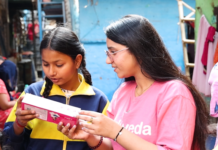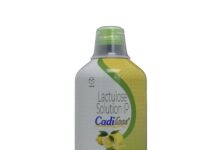USFDA detected data manipulation by the company
Health Canada has taken the precautionary step of asking Ipca Laboratories in India to voluntarily stop shipment of products to Canada based on a review of a recent good manufacturing practices (GMP) inspection report by the US Food and Drug Administration (FDA) where they identified falsification and manipulation of data issues at the company, the regulator said.
“Ipca had not disputed the FDA findings with Health Canada,” it said, adding that the FDA has not issued a recall of any of the affected products.
In July, Ipca had voluntarily stopped exporting active pharmaceutical ingredients (API) from its Ratlam plant in Madhya Pradesh to the US following regulatory observations made by the US regulator.
Health Canada recent directive covers about 21 APIs. The department has also asked Canadian companies that import products containing APIs from the Ipca facilities to temporarily quarantine these products, it added.
Since there is no indication that the issues identified during the FDA inspection pose a risk to health, the Canadian regulator said that it was not requesting a recall of products already on the market. But that could change if the situation changes, it added.
The developments in Canada come even as drugmakers like Ranbaxy and Wockhardt grapple with USFDA scrutiny on several of their plants. More recently, even Sun Pharma has been facing regulatory issues at some of its plants.
Regulators collaborate
As regulators around the world share information and inspection reports, Health Canada said it would continue to work with other international regulatory partners, Canadian importers and Ipca, to gather more information about the products involved.
The information being sought includes any additional testing being done, the medical necessity of the products involved, their market share, and risk assessments, it said.
The process could take a few weeks to complete given the complexity of efforts, it said, adding that the voluntary quarantine would continue until the department was satisfied that adequate measures were in place to confirm the quality of the products from these facilities. Business Line
























